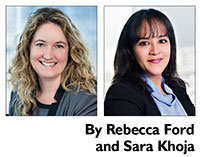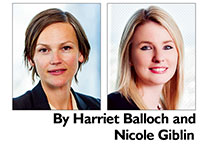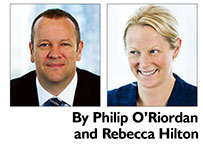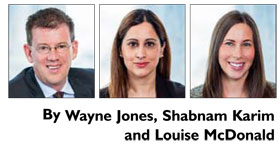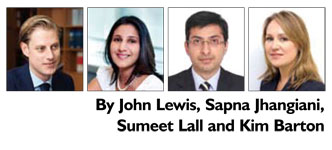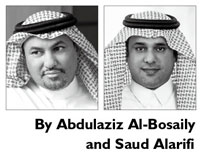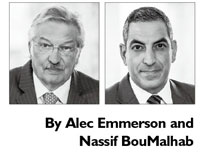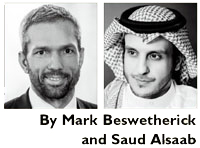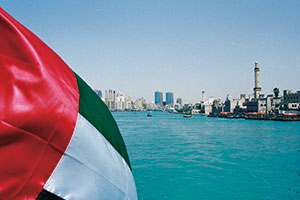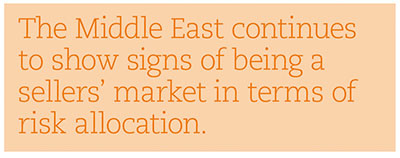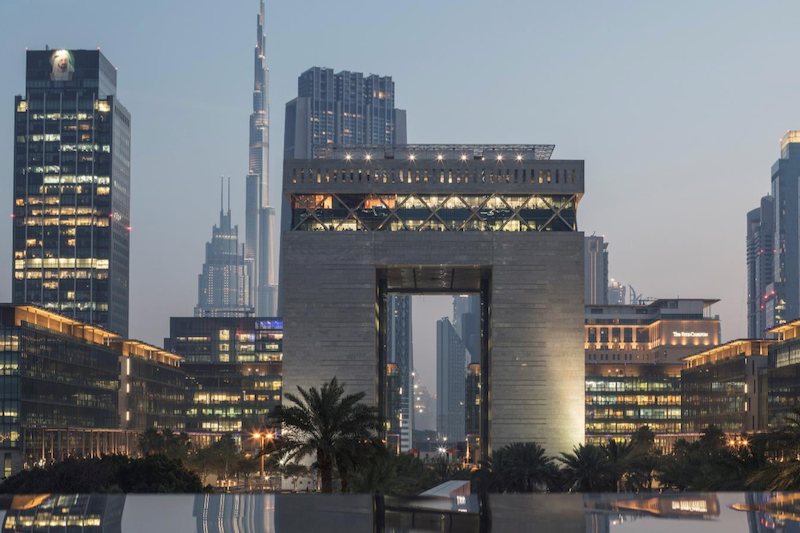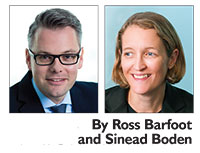 A new decree has been issued in Dubai regulating fundraising in the Emirate of Dubai (Dubai Decree No. 9 of 2015). In summary, the law states that approval must be sought from the Dubai Islamic Affairs and Charitable Activities Department (IACAD) before any fundraising activity is carried out. Fundraising, the authorisation of fundraising or the announcement of fundraising are prohibited unless there is prior approval from IACAD. The new law applies to all “donations” collected in whatever way and for whatever purpose anywhere in Dubai. “Donations” are defined as any “property” voluntarily given by the donor as beneficence, kindness, assistance or charity. The term ‘property’ is translated as being anything with a material or monetary value. The new law would therefore cover monetary donations and the donation of goods in kind, which has also been confirmed to us by IACAD. There are a few exemptions to this approval requirement, which cover government collections, or those connected with the ruler of Dubai or the Federal Supreme Council. However, most individuals and organisations wanting to do any charitable fundraising activities in Dubai will come under the new law, including schools and institutions which in the past have taken advantage of the exemption under the Federal Law (Federal Law No. 2 of 2008 governing Public Welfare Associations). IACAD has said that they do not want to stop charitable fundraising; instead they are trying to ensure that fundraising is carried out in a way that is regulated and that can be audited. There is no fee for the application and IACAD has confirmed that it should only take a few days to get a decision. There are fairly steep penalties for violation of the law and fundraising without the necessary approvals. Penalties include: a fine of between AED 5,000 and 100,000; and/or imprisonment of one month to one year. These penalties might not always be imposed in the event of violation. Instead, in the event of breach of the law, an amicable settlement may be reached with IACAD (in their discretion) for one or more of the following actions:
Public or private fundraising? Under the new law, the definition of ‘donation’ seems to be broad enough to capture public and private fundraising and donations. In an interview with Dr Hamad Al Shaibani, Director-General of IACAD, he stated that private donations, such as parents to the school where their children attend or within a private home, do not need approval, as long as there are no public calls to donate money. Despite this interview with the Director-General of IACAD, there is no such exemption in the new law covering private fundraising activity. Therefore, it is advisable to be cautious and to carry out any fundraising collections in conjunction with a registered IACAD charitable association, such as the Red Crescent or Dar Al Ber Society, or apply for approval for specific fundraising events in Dubai. This will have a direct impact on schools, colleges and universities in Dubai wishing to hold non-uniform days, table top sales or bake sales where the proceeds are to go to charity. Under the new law, specific applications will need to be made to the IACAD and a registered IACAD charitable association will need to be brought in to administer the event and collect the donations. The penalties for violation have certainly increased, with a larger fine that can be imposed, possible imprisonment and the closure of premises where the fundraising activities took place. Sometimes in Dubai you hear the phrase “seek forgiveness not permission”. In the circumstances of the new law and with the possible new penalties that can be imposed, we recommend a cautious approach and to seek prior approval for any fundraising activities. |
Clyde & Co LLP
PO Box 7001, Rolex Tower,
Sheikh Zayed Road, Dubai, United Arab Emirates
Tel: (971) 4 384 4000 / Fax: (971) 4 384 4004
Email: ross.barfoot@clydeco.com
sinead.boden@clydeco.com
www.clydeco.com



